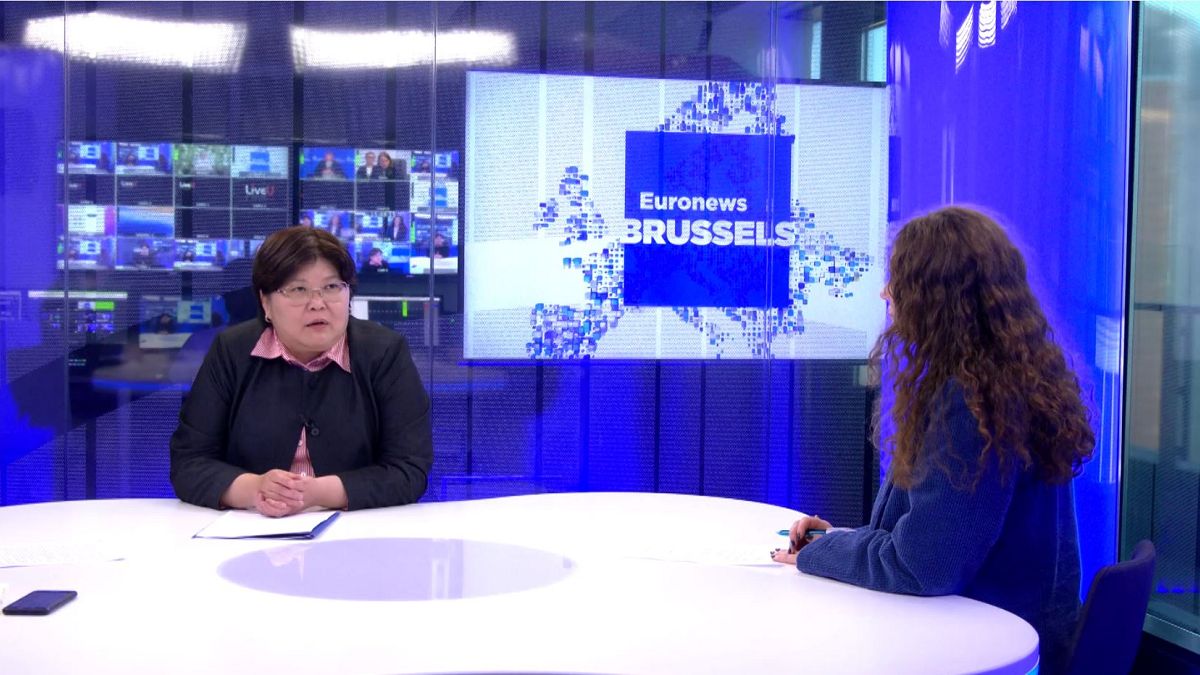Elvira Azimova, Chair of Kazakhstan’s Constitutional Court, said her visit was part of the “follow-up” to the recent EU-Central Asia Summit, which brought together top officials from both regions. “My schedule includes meetings with practically all the key European institutions except the European Commission,” she noted, framing her presence in the EU capital as part of a broader effort to engage in “multilateral cooperation”.
The renewed outreach comes as Kazakhstan attempts to present itself as a modernising state with legal institutions ready to support reforms. The Constitutional Court, reinstated in 2023 after a constitutional referendum, is still in its early stages but has already reviewed around 70 cases for compliance with both national and international law, according to Azimova.
She pointed to President Kassym-Jomart Tokayev’s “Fair Kazakhstan” agenda as evidence of progress. “We are building a state that hears, that listens to its population,” she said, insisting that civil society plays an active role in the country’s governance. She also cited digitalisation, green technology, and AI as areas where Kazakhstan hopes to deepen ties with the EU, while acknowledging that such initiatives will require significant legal adaptation.
Kazakhstan’s government has been under international scrutiny over the years for its human rights record, lack of political plurality, and crackdowns on dissent. While reforms have been promised, including in the judiciary, their implementation remains patchy. Freedom observers argue that genuine independence of the judiciary and constitutional checks on executive power are still limited.
Yet, Azimova stressed that the Court is committed to upholding not just domestic laws but also Kazakhstan’s obligations under international treaties, especially those stemming from the UN system. Accession to European treaties remains a long-term goal, she said, citing interests in conventions related to women’s rights and cybercrime.
“It is important to ensure that legislation would be properly and comprehensively applied,” she said, suggesting that effective dispute resolution and judicial review would be key to achieving that.
Despite the overtures, some question the depth of EU engagement. “We hope that the EU will also take a step forward towards Kazakhstan,” Azimova said, hinting at the asymmetry in interest and action.
Geopolitical competition in Central Asia intensifies — with Russia, China and the West all vying for influence.
Read the full article here


